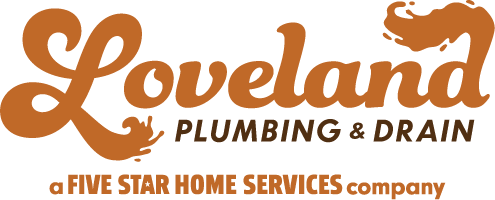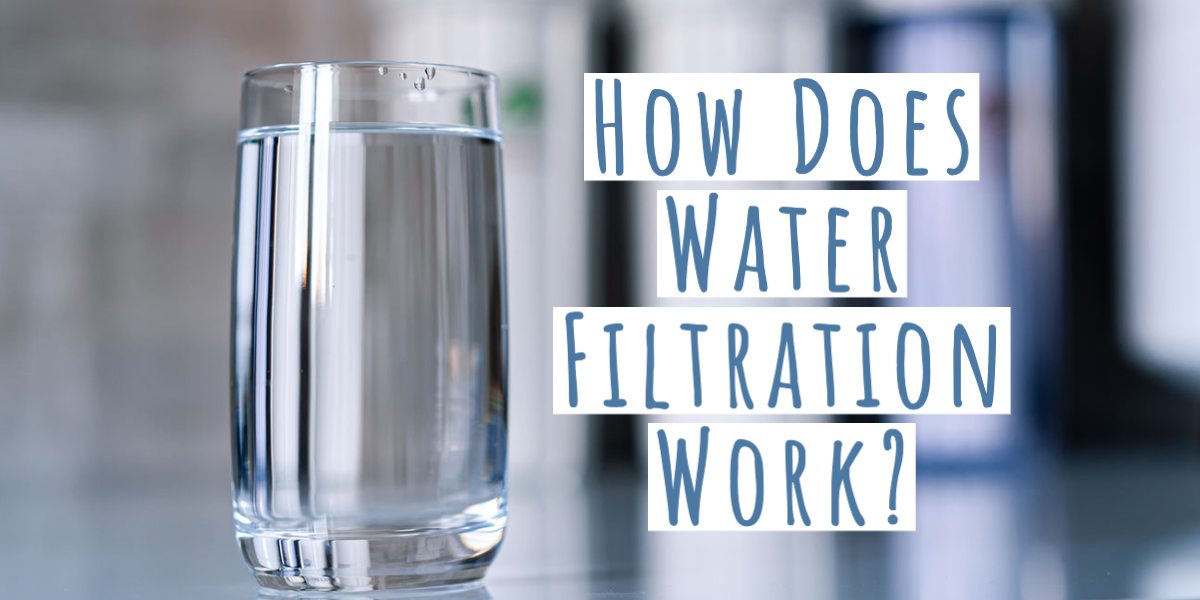You want pure, quality, and great-tasting water for your family’s home and health. But perhaps you have more questions than answers about water quality issues and how they could affect your home. Some questions you may be asking: What exactly is hard water? What do water softeners do? Or Perhaps how Can I decide which one I need? Loveland Plumbing & Drain is here to answer these questions to the best of our ability. We know this particular subject can be daunting, and we are here to answer your questions and ease your mind. So, let’s get to answering your questions!
How Does Hard Water Form?
You’ve probably unloaded your dishwasher and realize you still have those pestering water spots on your dishes. Possibly even soap scum in your tub and shower doors, or maybe, your hair seems dry no matter what shampoo or conditioner you use? Well, hard water is probably the culprit. The soap you use in your laundry and kitchen responds to the high level of calcium and magnesium in your water. Because your home may have hard water, you will need more detergent to get things completely clean. It can be pretty frustrating with whatever you’re trying to get clean, and because you are cleaning it repeatedly, it can cause wear and tear in your clothes.
Water Softeners: What Are They For?
Water softeners remove minerals that cause hard water. They use a different treatment approach than filtration systems, so they don’t work like water filters. Water filters focus on and perform a number of tasks, which we will talk about that in the following paragraphs. However, because it stops calcium and magnesium, softeners can improve your water status and help you save on cleaning supplies, and lower your water bill. Score! But we’re not done; you will also see cleaner dishes, sinks, and a difference in your skin and hair. Great News, right?
How Are Filter Used To Purify Water?
Water filters are walls that prevent waste and bacteria from washing through and into your home. The filtration process can be separated into two types: physical and chemical.
- Physical filtration focuses on removing substantial impurities from the water that runs through your home. Through this filter, debris is caught, and clean water is left to flow throughout your home.
- The second process is chemical filtration. This creates a chemical reaction as water passes through an activated carbon- such as charcoal. Chemical filtration helps drain smaller particles like debris in the water that can pass through the filter during physical filtration. In conclusion, both filtration procedures work together to filter your water and make it safe for your family.
Water Filters and Softeners: How Do I Decide Which I Need?
Whether water softening or filtration is best for your home is contingent on what’s in your water and the problems you want to resolve; you may even want to manage both. For instance, a water softener can relieve your frustrations when dealing with spots on your dishes or dry, irritated skin in your household. But a filter may be your most suitable option if your water tastes or smells strange or if you are concerned about the chemicals in your drinking water.
What Can I Do If I Need Assistance?
Look no further! You came to the right place, and Loveland Plumbing & Drain is here to assist you and your family on which filter works best for your home. You can call (513) 644-0556 for additional questions or schedule an online appointment by clicking here! Even if you continue to have questions or concerns, we are here to help you and your family get the best water filter for your home.

